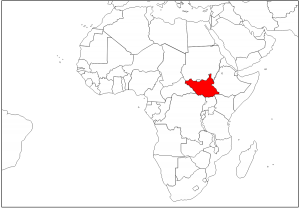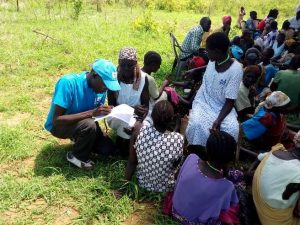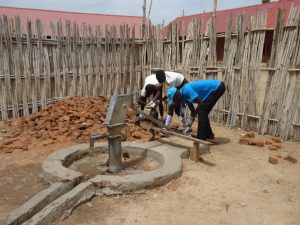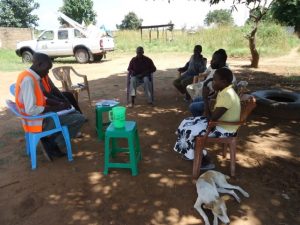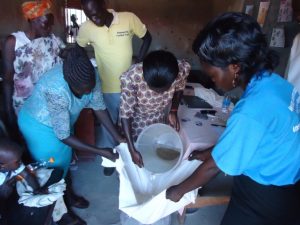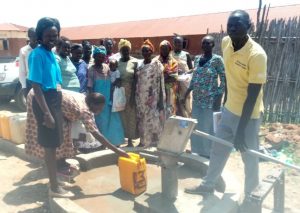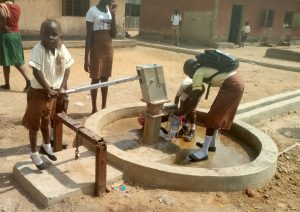JWF Fund 2019
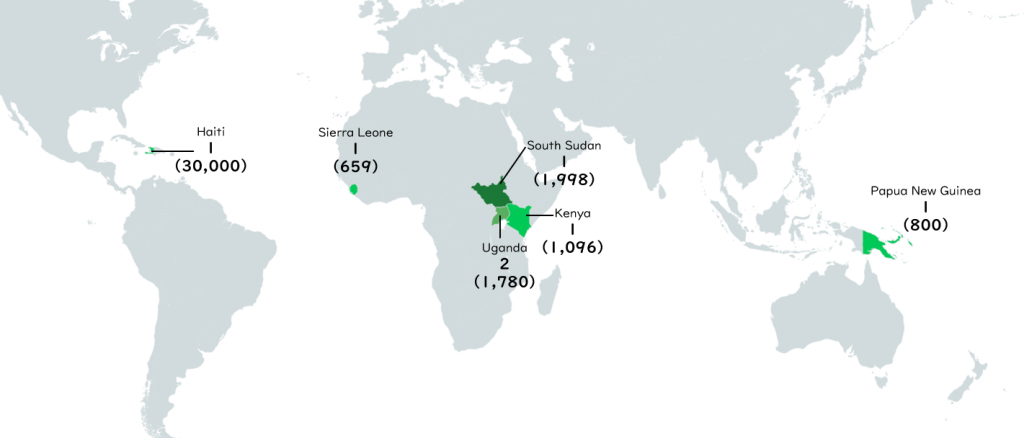
*Note: The number of supported project are shown boldface and the number of beneficiaries are shown in parentheses.
The number of supported project and beneficiaries of JWF Fund 2019
The JWF Fund was founded in 2005 and is operated solely by the Japan Water Forum (JWF), which aims to support selected grass-roots organizations in developing countries that have been addressing local water-related issues. Every year, the JWF publicly seeks out projects to support. Those adopted after due assessment are eligible for funding of up to 1,000 USD per project. The JWF Fund is based on JWF membership fees and donations from general contributors.
Under the JWF Fund 2019, seven projects in six countries were selected out of 302 projects submitted by 36 countries.
Applications for the JWF Fund 2019:
・Application Period: 3 June to 15 July 2019
・Number of Applications: 302 projects from 36 countries
・Selected projects: 7 projects from 6 countries; Papua New Guinea (1), Uganda (2), Kenya (1), South Sudan (1), Haiti (1), and Sierra Leone (1)
This page describes the project Provision of improved access to WASH services to mitigate GBV cases among school children and vulnerable host and returnee individuals in Belle Payam, Bungu County of Central Equatoria State in South Sudan.
Provision of improved access to WASH services to mitigate GBV cases among school children and vulnerable host and returnee individuals in Belle Payam, Bungu County of Central Equatoria State in South Sudan (South Sudan)
|
Outlines of the project
Background: Before the project:
Project Overview: During the project:
Main activities: After the project:
|
Voices from the beneficiaries:
|
|
|
|
Ms. Monica Keji (16 years old)
|
Success story of the project:
・The inception meetings for the project and engagement and training of the water user committee for Belle borehole were the keys to this project’s success.
Biggest challenges in implementing the project:
・Economic fluctuations in South Sudan, which affected the price of materials used during the project (higher cost per unit than had been budgeted)
・Too much rain causing flooding which delayed project activities
・The continued challenge of overcrowding at Belle Village borehole due to the availability of only one clean and safe water access point
(Reported by Shigenori Asai, Director)
